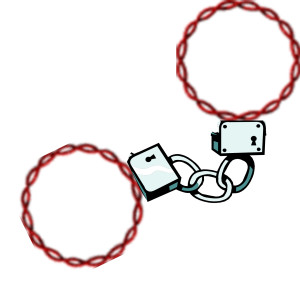During the late 1980s, Colorado enacted the first US DNA databank law, a law that required sex offenders to provide a DNA sample to law enforcement officials. This was based on the theory that a person convicted of a sex offense was likely to repeat the crime, and therefore, quick access to a DNA profile could identify a repeat offender. Other states enacted DNA laws, expanding the categories of individuals who must donate a DNA sample. Today, all states require the collection of DNA from sex offenders, and most states collect DNA from felony offenders. Many states obtain DNA from juveniles convicted of certain crimes and from individuals convicted of certain misdemeanors. Some states also require collection of DNA from probationers and parolees.
Taking DNA from persons arrested for certain crimes remains controversial. The federal government and about half of the states have laws that allow DNA sampling before conviction. Courts have ruled on both sides of the issue. In 2006, for example, the Minnesota court of appeals ruled that an individual’s privacy interests trumped the state’s interest in analyzing DNA. The court decided that portions of the state’s DNA law “that direct law-enforcement personnel to take a biological specimen from a person who has been charged but not convicted violate the Fourth Amendment to the United States Constitution and Article I, Section 10 of the Minnesota Constitution.” Other courts have approved arrestee DNA collection laws, and supporters of the laws assert that the laws increase the efficiency of criminal investigations and save lives.
Now, the issue is headed toward the US Supreme Court. The case began in 2009 when Maryland police arrested Alonzo Jay King for first-degree assault. Following Maryland’s DNA Collection Act, personnel at the booking facility collected King’s DNA. Analysis revealed that it matched DNA evidence from a rape committed in 2003. Based on this hit, the State charged and convicted King of first degree rape. He was sentenced to life in prison. King appealed the conviction. The Maryland Court of Appeals, the state’s highest court, overturned King’s conviction, holding that the collection of his DNA violated the Fourth Amendment, because his expectation of privacy outweighed the State’s interests. Maryland appealed the decision to the Supreme Court.
During July 2012, Chief Justice Roberts indicated that the Court will probably take the appeal. He also said that “given the considered analysis of courts on the other side of the split, there is a fair prospect that this Court will reverse the decision below.” Taking arrestee DNA may be here to stay.

